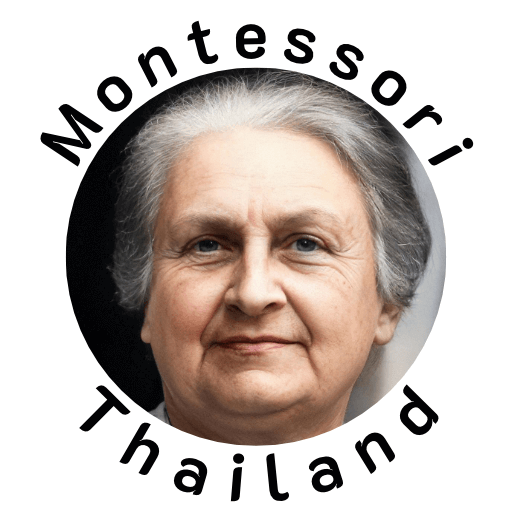In Montessori education, Maximum Effort refers to the observable tendency of children to seek out challenges and exert considerable effort in their tasks, pushing the boundaries of their capabilities.[1] Children seem to derive enjoyment from undertaking difficult work that tests their abilities and provides a sense of their growing power. For example, a young child might strain to carry a heavy tray or push a weighty wheelbarrow, while older children, given the freedom to choose their tasks, might prefer complex equations over simpler sums. This predilection for maximum effort reflects children’s innate desire for growth and mastery.
“Maximum Effort” is a concept in the Montessori approach that refers to children’s innate drive to work and learn to their fullest capacity. It demonstrates a child’s desire to engage in activities that challenge them, contribute to their development, and offer the satisfaction of completing a task.
In a Montessori environment, children are encouraged to exert their maximum effort, by choosing activities that match their developmental stage and interest, leading to intense and productive work sessions. Observations by the adult, or guide, play a crucial role in offering appropriate materials and activities that can elicit this level of engagement[2].
Contents
- 1Montessori Quotes on Maximum Effort
- 2Research and Critiques on Maximum Effort
- 3Comparisons to Other Methods
- 4Glossary of Montessori Terms
- 5Please help to translate this page into your local language
- 6References
Montessori Quotes on Maximum Effort
“The satisfaction which they find in their work has given them a grace and ease like that which comes from music.”
— Maria Montessori, The Montessori Method. Frederick A. Stokes Company, 1912
“The hands are the instruments of man’s intelligence.”
— Maria Montessori, The Absorbent Mind. Clio Press, 1949
“The child who concentrates is immensely happy.”
— Maria Montessori, The Absorbent Mind. Clio Press, 1949
